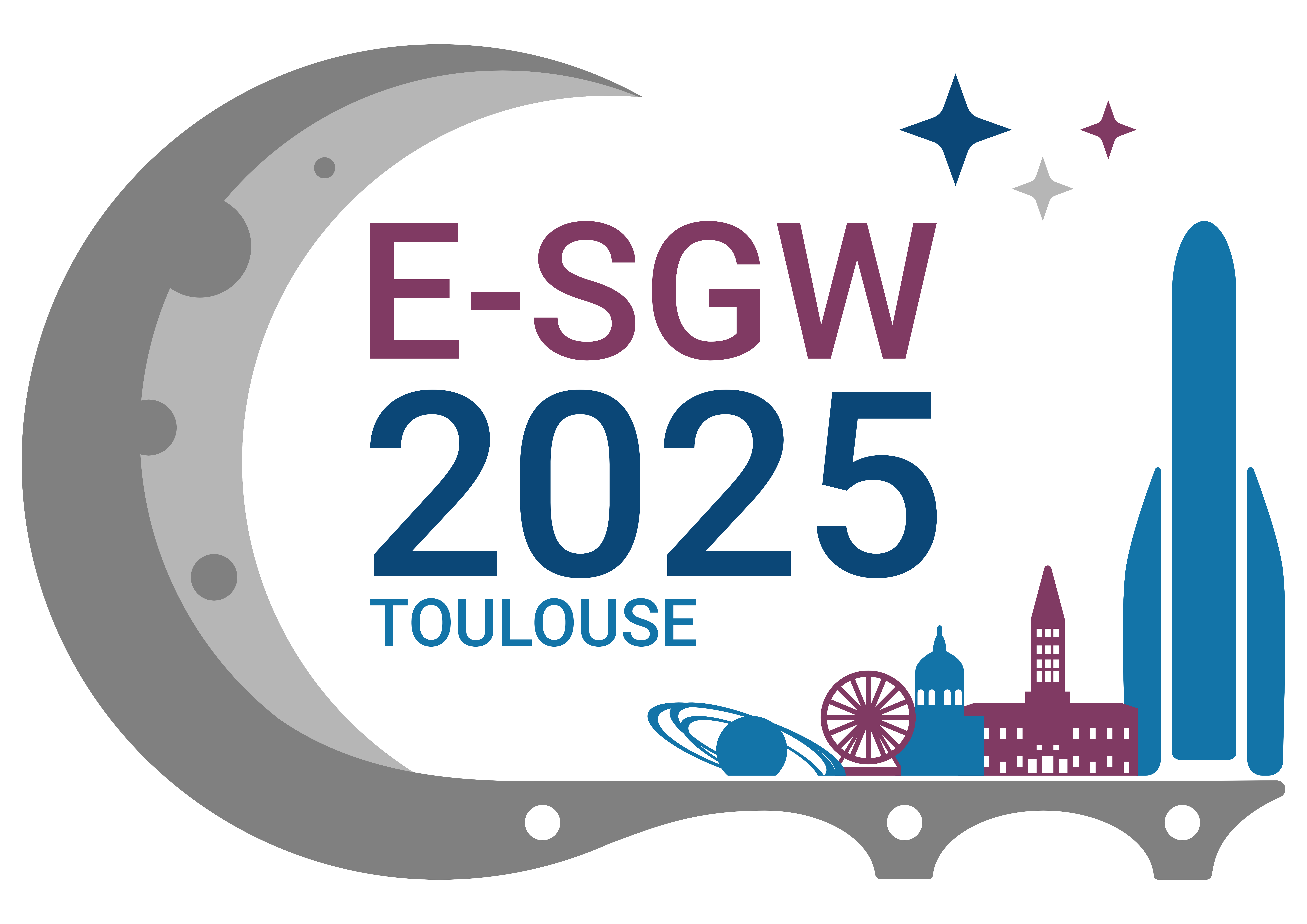Our Project Group reports
Our kick-off event SG[France]2020: Our Giant Leap took place on September 26th 2020 in Toulouse. It gathered 44 students and young professionals from 10 different nationalities and 8 experts, to learn more about gender equality in the aerospace sector and to propose solutions to existing issues addressed through three round table topics: discrimination, mentorship strategies and space research. A total of 71 recommendations were elaborated during the day and synthesized in the final report. SG[France]2020 has been the first SGAC on-site event since the beginning of the COVID-19 pandemic. Following the event, the Our Giant Leap team has been recruiting new members and has been working on implementing the delegates recommendations through concrete and long-term SGAC projects within the Project Group.
–
Other reports
- How are women and girls in the G7 and globally affected by the issues that the 2021 GEAC raised as areas for particular attention by G7 Leaders?
- How has the COVID-19 pandemic changed the way women and girls, and gender equality, are impacted by these issues?
- How can G7 countries build back better to advance gender equality, based on evidence of what works, and the knowledge and experience of GEAC members?
Diversity Wins is the third in a McKinsey series investigating the business case for diversity following Why Diversity Matters (2015) and Delivering through Diversity (2018). This report shows not only that the business case remains robust, but also that the relationship between diversity on executive teams and the likelihood of financial outperformance is now even stronger than before. These findings are underpinned by our largest data set to date, encompassing 15 countries and more than 1,000 large companies. The report also provides new insights into how inclusion matters, through an analysis of employee sentiment in online reviews; this shows that companies need to pay much greater attention to inclusion, even in relatively diverse industries.
Despite the key roles that rural women play in food systems, in agrobiodiversity conservation, natural resource management, food production, preparation and marketing, rural women are particularly affected by the impacts of climate change due to limited access and control over resources fundamental to adaptation and limited participation in decision-making processes. Similarly, they lack equal access to productive resources needed for agricultural livelihoods, and are often the last to eat when food is scarce. Decision-making and leadership in climate action and governance are also male dominated and the decisions less likely to respond to women’s needs and wants.
It is therefore urgent to ensure that policy and programmatic response for building back better and strengthening the resilience of food systems and communities takes into account the interests and constraints of women and men from diverse social, cultural, ethnic and religious backgrounds. For this to happen, it is important to strengthen women’s leadership and participation at all levels of climate action and governance.
- Gender Equality training (from the European Institute for Gender Equality)
This step-by-step guide is designed to boost the gender equality skills of public administration employees. Training provides participants with the knowledge, skills and values to contribute to the effective implementation of gender mainstreaming strategies in their field, organisation, institution or country.



